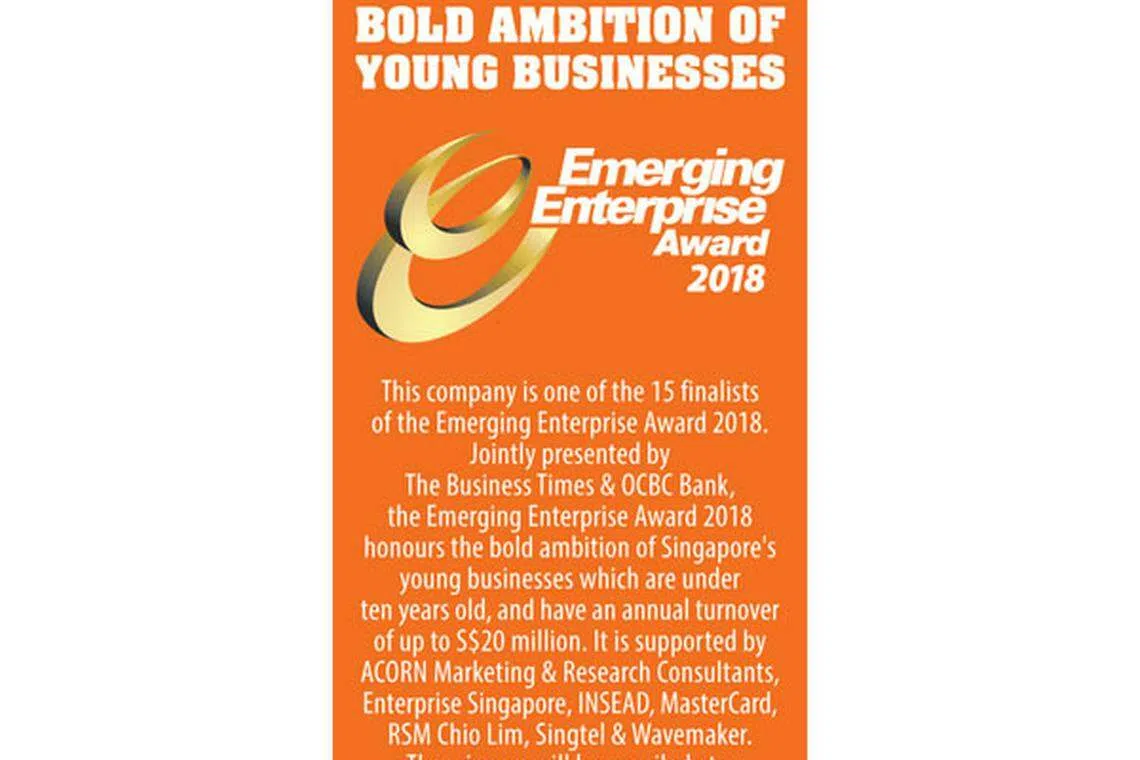In the business of recycling diapers
The machine designed by Diaper Recycling Technology is helping diaper-makers save the environment and save costs as well.
WITH diapers being produced at a rate of roughly 1,000 a minute in a typical factory, there are inevitably some that don't quite make the quality-control standard to be packaged and sold.
The scrap rate of these sub-par products world-wide ranges between 0.6 per cent of output to 12 per cent, with the industry's average at around 2 to 2.5 per cent.
So 20 to 25 diapers are being scrapped every minute in the factory.
And if you consider that there are 1,200 diaper-making machines in operation across the world, that's up to 30,000 diapers being discarded every minute - with most of it going into landfills.
These numbers bothered Martin Scaife, now the chairman and chief technology officer of Singapore-based Diaper Recycling Technology, a company that builds machines that promise to alleviate some of that massive waste by recovering the materials that can be recycled, in the process, saving these manufacturers costs.
As he saw it, the problem was two-fold: One was that the mountain of scrap diapers, which threatened the environment and needed to be properly disposed of.
The other was the costs that companies had to bear, as they were still paying for the materials going into the diapers that end up on the scrap heap.
Mr Scaife was coming to these problems after having worked 17 years at Procter & Gamble, where he designed the very diaper -production machines for which his present company hopes to find a less-wasteful end-story.
Diaper Recycling Technology has put several ideas through the mill in its search for suitable ways to recycle scrap diapers.
He and his team realised that their machine needed to be able to extract the raw materials - the plastic and the cotton and fibres - from the scrap products without damaging them, or they would be rendered unusable later on.
"What we do is try to remove the products very gently.
"If we can create very pure and clean material streams with undamaged material, all these materials can be reused," said Mr Scaife.
Another challenge the company came up against was minimising the resources that their machine required in order to recycle the scrap products.
There are some existing recycling systems in the market, he said, but these were developed about 30 years ago and are very expensive to operate.
"If we were going to need thousands and thousands of watts of energy, and lots and lots of people to run it, then from a financial point of view, we would not be very successful," he said.
The company's latest machine - what it calls "the seventh-generation" one - can process up to 400 kg of scrap diapers an hour.
Out of this process comes plastic, which is later pelletised so it can be sold to the plastics industry.
The machine also churns out cotton wool, fibre and sap.
Mr Scaife estimates that the machine, which is able to recoup anywhere between US$500 to US$700 per tonne, will cost about US$1.8 million to manufacture.
But its low operating cost means a quick return on investment. Diaper-making factories which use it can expect a return in 12 to 15 months, he said.
The team had expected to take 18 months to develop the final design of this machine.
In the end, they put in 3-1/2 years of work.
Mr Scaife is confident that it is the answer to the waste in the diaper-making industry.
The company's initial goal was to sell about 40 to 50 of these machines, but he now thinks it can easily sell as many as 500 to 600 around the world.
The company has already sold the latest version of its machine to Japan's Unicharm, a manufacturer of disposable hygiene products that will test the system at one of its research and development facilities in Hanoi.
The website of Diaper Recycling Technology announces that the company is also coming up with post-consumer waste solutions, that is, ways to recycle used hygiene products, almost all of which end up in landfills as well.
The company has technology that can recover these waste streams and separate them into raw-material streams that have value and can be sold, thereby creating a significant incoming source of revenue.

BT is now on Telegram!
For daily updates on weekdays and specially selected content for the weekend. Subscribe to t.me/BizTimes
Companies & Markets
Australian inflation boosts case for higher-for-longer rates
Gold edges down as Middle East worries ebb
Tesla could start selling Optimus robots by the end of next year, Musk says
Singapore stocks climb at Wednesday’s open; STI up 0.4%
China knockoff raid jolts a global throng of fake-fashion influencers
Singapore-based Amazon execs feel the brunt of job cuts
